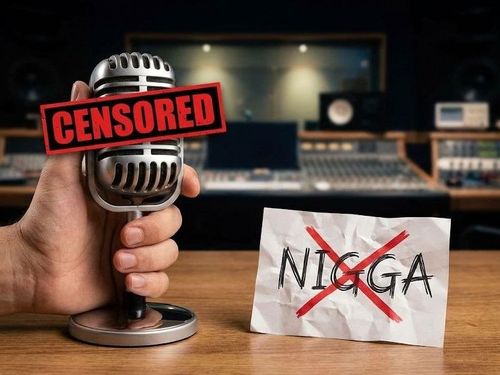In October, the controversial billionaire and CEO of Tesla, Elon Musk, acquired the divisive social media platform Twitter for a whopping $44 billion, vowing to revolutionize its functionality.
Musk hinted at reduced moderation on the platform through several statements, primarily on Twitter, and vowed to transform the website into a haven for free expression.
Afterwards, he introduced various fresh measures at the firm and on the platform, such as dismissing numerous staff members, restoring many previously prohibited accounts, revoking verification badges from most non-paying Twitter Blue subscribers, and committing to resolving the platform's bot issue.
However, recent studies reveal that the platform experienced another transformation following Musk's acquisition — it became more hateful.
After the sale was finalized, hate speech usage among individuals who had previously posted hateful tweets increased almost two-fold. At the same time, the overall amount of hate speech on the platform also doubled, as per the findings of a study carried out by researchers from USC, UCLA, UC Merced, and Oregon State University.
The team, comprising Keith Burghardt, Matheus Schmitz, Goran Muric, Daniel Fessler, Daniel Hickey, and Paul Smaldino, analyzed the tweets of users who had posted hateful content a month before and after the Twitter sale, as well as a sample from the general user base.
Initially, the researchers compiled a list of 49 discriminatory terms, including racist, antisemitic, homophobic, and transphobic language, which they called a "hate lexicon." They then utilized an artificial intelligence tool to analyze pre- and post-sale postings for the frequency and use of these hateful terms, filtering out non-toxic instances.
Burghardt, a computer scientist at the USC Viterbi School of Engineering's Information Sciences Institute, explained that the objective was to identify words that were precise in their hateful connotations, as it was improbable that they would be used in a non-discriminatory manner.
Following the sale of Twitter to Elon Musk, the quantity of hate speech from malicious users increased significantly. However, the researchers noted that hate speech had been on the rise even before Musk's acquisition.
At the project's inception, the researchers anticipated that Musk's less restrictive policies would increase hate speech, but they were uncertain about the extent of the increase.
Fessler, the director of the UCLA Bedari Kindness Institute, stated in an interview with The Times that she had no prior expectations because it was difficult to predict the population of users who could produce such content, their size, or their frequency of tweeting and retweeting.
Burghardt was taken aback by the findings, stating that he had not anticipated that hate users would use more discriminatory language following Elon Musk's entry into Twitter.
Researchers noted that they could not "prove a causal relationship between Musk's takeover and hate speech." The CEO's changes to moderation are "poorly documented," they said.

The research is essential in identifying how and why people can become radicalized online by what has been termed stochastic terrorism, in which hate speech is used to incite violent acts, Burghardt said.
He said that social media could play a role in that radicalization, but more research is needed.
Once users join these hate groups, even on social media sites that are not traditionally hateful, Burghardt said, they're immediately more hateful and more antagonistic.
"We expect that, once they join these sites, they become more likely to advocate violence," he said, "and then some small proportion commits these acts."
Although there has been a documented rise in hate speech, Fessler points out that only a tiny portion of the population expresses these views. He believes that society is becoming more accepting of diversity and difference.
Fessler is worried about the significant influence Twitter holds, despite being a relatively small platform. He is particularly concerned that the platform seems to be at the mercy of one individual, Musk. Fessler finds it troubling that even minor efforts to make Twitter a more socially constructive platform are being dismantled and removed.




